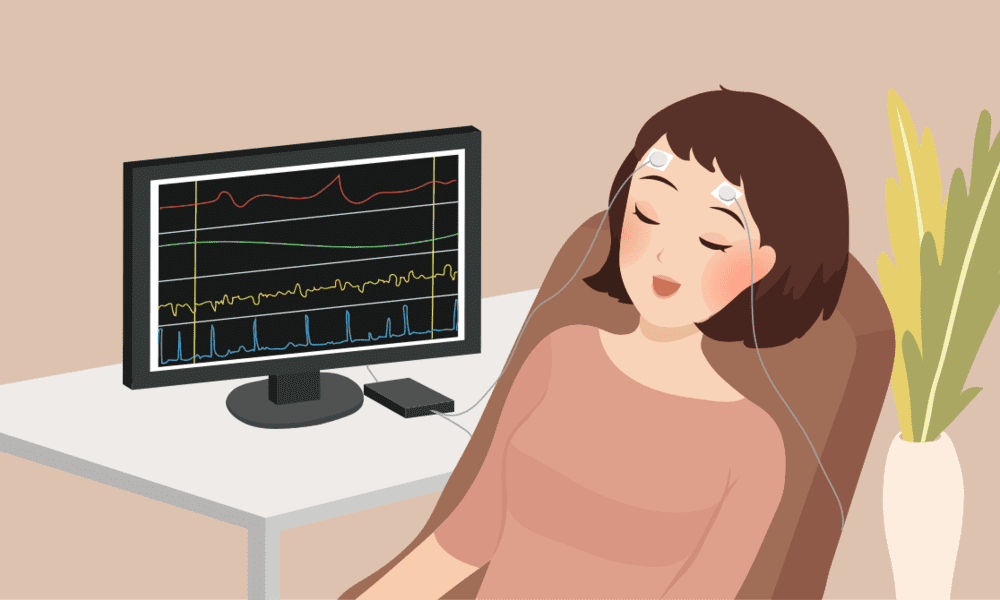What is anxiety?
While fear is the emotional response to a real or perceived imminent threat, anxiety is more about anticipating future threats. For individuals who are unable to cope with this mechanism, life can become drastically difficult. Anxiety shows itself in visible ways. It affects not just your mental health but drains you physically as well.
Anxiety is more about anticipating future threats. For our optimal cognitive functioning, we require attention and focus on processing events. Due to the over-occupying nature of anxiety, it becomes hard for many individuals to focus.
The thought process behind anxiety lies in the functioning of the brain. When individuals are afraid of a particular stimulus, they will experience fear if they come in contact with the said stimulus. But in anxiety, there need not be a stimulus present.
Mood and anxiety disorders can manifest in physical and mental ways, and this causes significant distress to the functioning of individuals. Biofeedback is a viable and effective treatment for anxiety and mood-related disorders.
What Are Mood Disorders?
The neuromodulators that regulate our brain can experience imbalances in mood disorders. These imbalances are visible in upward and downward spikes, which alter the mood drastically.
Individuals with mood disorders can experience phases of depression, hypomania, and mania. All of these phases are coupled with other symptoms as well, including anxiety.
Specialists can stabilize neurochemical imbalances through different medications according to clinical history. However, behavioral reconfiguration seems to help increase recovery.
Due to the presence of anxiety in mood disorders being a major driving factor, the treatment for anxiety helps in their recovery. Neurofeedback is a completely non-invasive treatment. Mood disorders fluctuate rapidly and can cause immense distress; non-invasive treatment is recommended for this reason.
Neurofeedback As a Treatment for Mood and Anxiety Disorders
Neurofeedback is a technique that works for both mood and anxiety disorders. As it’s a non-invasive treatment, sufferers can relax and feel safe using it as a treatment for anxiety.
Anxiety affects two distinct parts necessary to our functioning: Neuro-chemistry and behavior. Traditional methods for anxiety treatment involve anti-anxiety medication and psychotherapy.
These effects are highly effective on individuals who know they have a problem. They have also shown advantages for those who commit to the process. As anxiety is future related, the process will include triggers from their history for a baseline.
But for people who have intense physically manifesting anxiety, neurofeedback’s non-invasive treatment is beneficial. The stimuli that the person is affected by can become ineffective through neurofeedback.
This works best in tandem with their clinical history, medications, and therapy as well. Anxiety sufferers can see their brains improving; they can see the association that they have developed.
This helps create a direct relationship with their issue and can help them work towards improving it.
Sources:


Leave a Comment